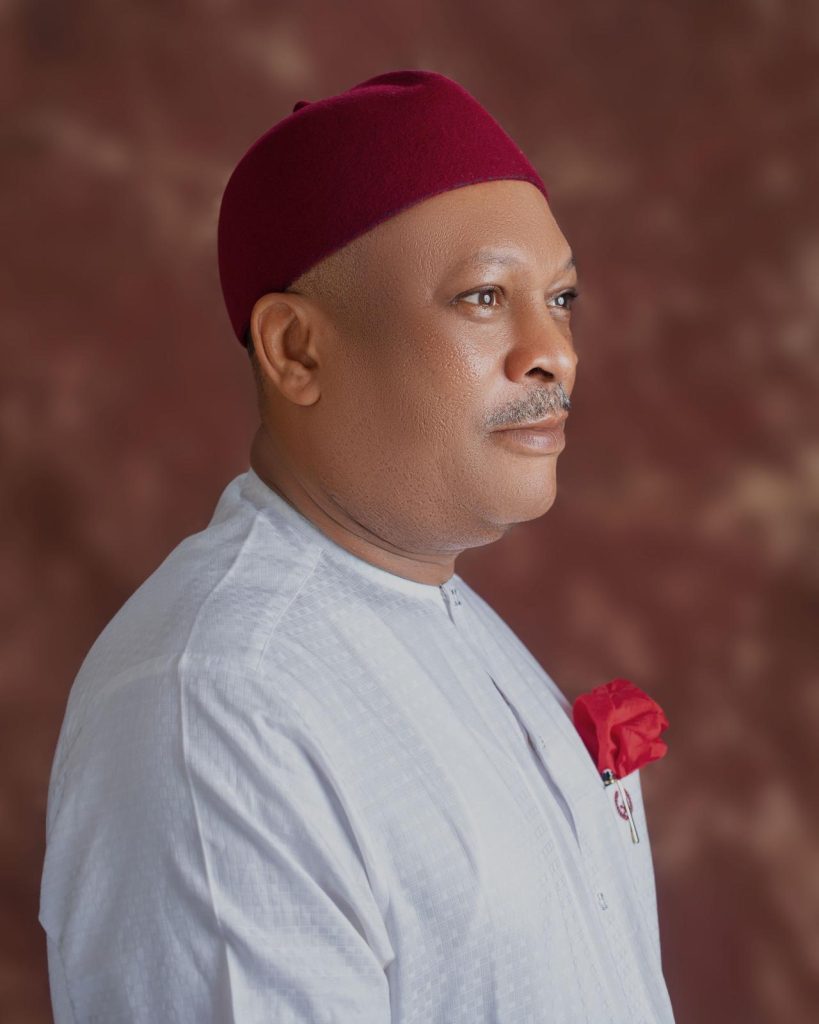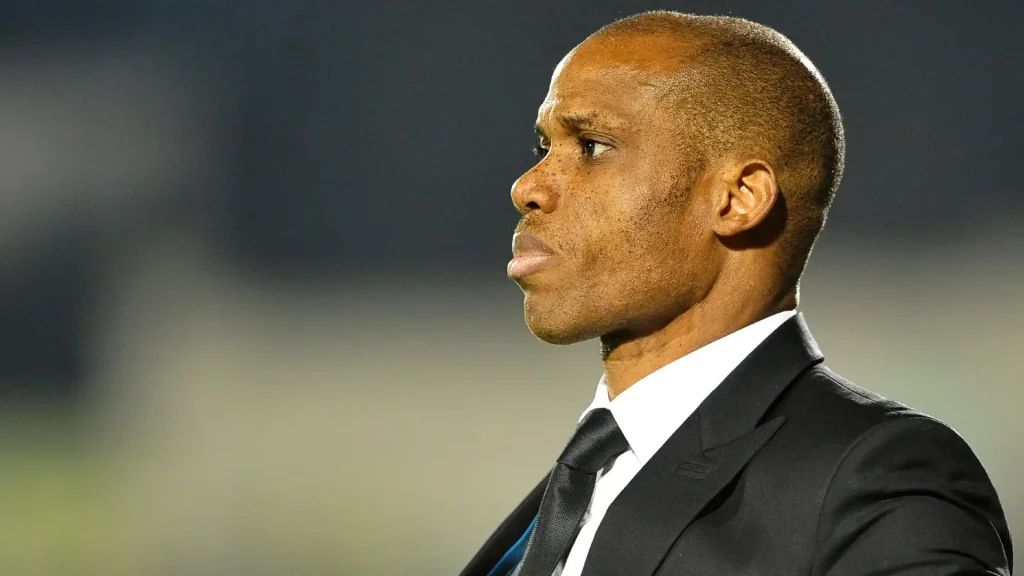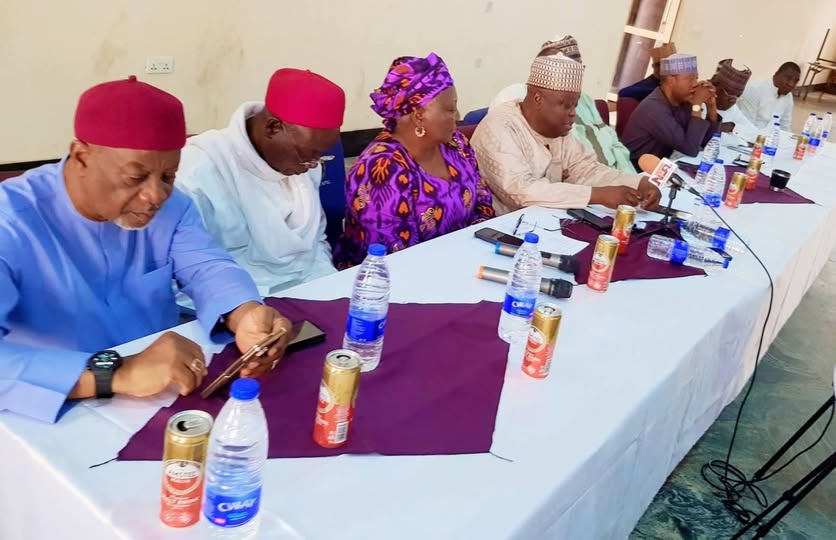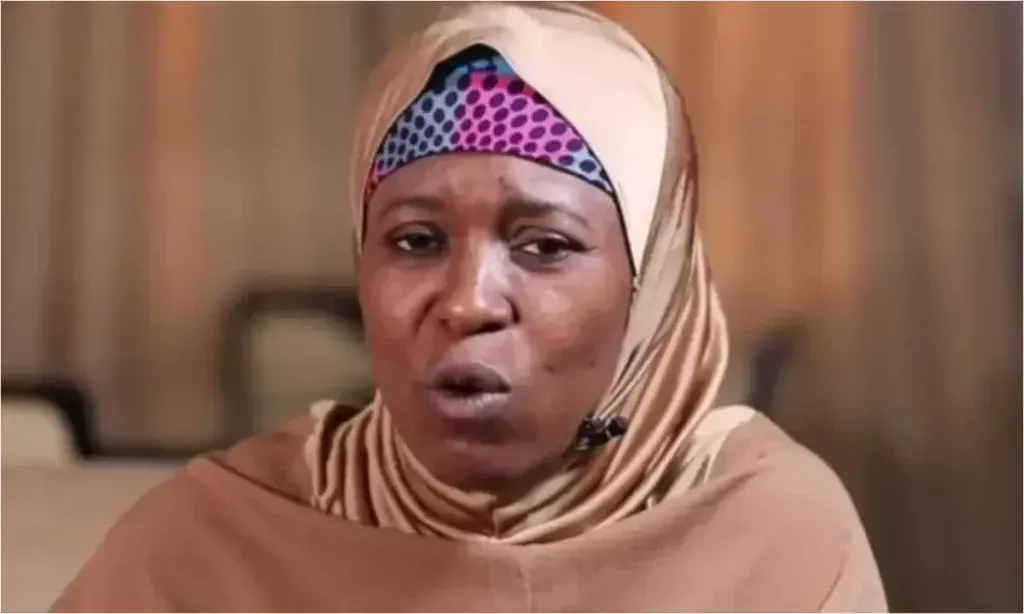A Nigerian youth group, All Youths Re-Oriented Initiative (AYRIN), has taken the Nigeria Customs Service Board and the Comptroller-General of Nigeria Customs Service to court over a directive that imposes restrictions on the movement of fuel and petroleum products in communities located near the country’s borders.
Media Talk Africa has reported that the defendants in this lawsuit are the Nigeria Customs Service Board and the Comptroller-General of Nigeria Customs Service.
This lawsuit was filed at the Federal High Court in Abeokuta, Ogun State.
The plaintiffs, represented by their counsel Izunya Izunya and co, are asking the court to determine whether it is discriminatory, illegal, and unconstitutional for Nigerians residing in communities near the Nigerian border to be denied the opportunity to buy, sell, or access petroleum products.
Furthermore, the plaintiffs are requesting the court to rule on the legality and constitutionality of the circular issued by the defendants that prohibits petrol tankers from dispensing fuel within a 20-kilometer range from the Nigerian border. They argue that this circular is in violation of Section 42 and 43 of the 1999 Nigerian Constitution as amended.
The plaintiffs also highlight the adverse economic, social, and psychological effects caused by the prevention of fuel from entering the border areas, and seek appropriate orders from the court based on the circumstances.
Specifically, the plaintiffs are seeking a declaration from the court that circular No.027 issued by the defendants on September 6th, 2019, which prevents petrol tankers from transporting, selling, and buying fuel within a 20-kilometer radius from Nigeria’s borders with other countries, is unlawful, unconstitutional, null, and void.
The group argues that this circular is contrary to Section 1(1) & (3) and Section 42 of the 1999 Nigerian Constitution as amended, emphasizing that the defendants have no legal basis for issuing such a circular.
Media Talk Africa further reports that the lawsuit is supported by an affidavit signed by Oguntoyinbo Olufemi Ajadi, the President of the group.
In the affidavit, Ajadi states that he has obtained the consent of all members of the group to submit the affidavit to the court.
Ajadi adds that the group has members residing in the affected areas of Ogun State and beyond.
Some of the affected areas in Ogun State, according to Ajadi, include llaro, Afon, Owode-idiroko, Ajegunle Ajilete, Wasimi-Okuta, Iwoye, Okeagbede, Idofa, and Imeko.
He explains, “The filing of this lawsuit aligns with the aims and objectives of the plaintiff, as stated in exhibit B of paragraph 3 above. The plaintiff has members in all areas affected by the defendants’ actions, not only in Ogun State but also in different local governments, villages, towns, and cities, including but not limited to llaro, Afon, Owode-idiroko, Ajegunle Ajilete, Wasimi-Okuta, Iwoye, Okeagbede, Idofa, Imeko, etc.”



